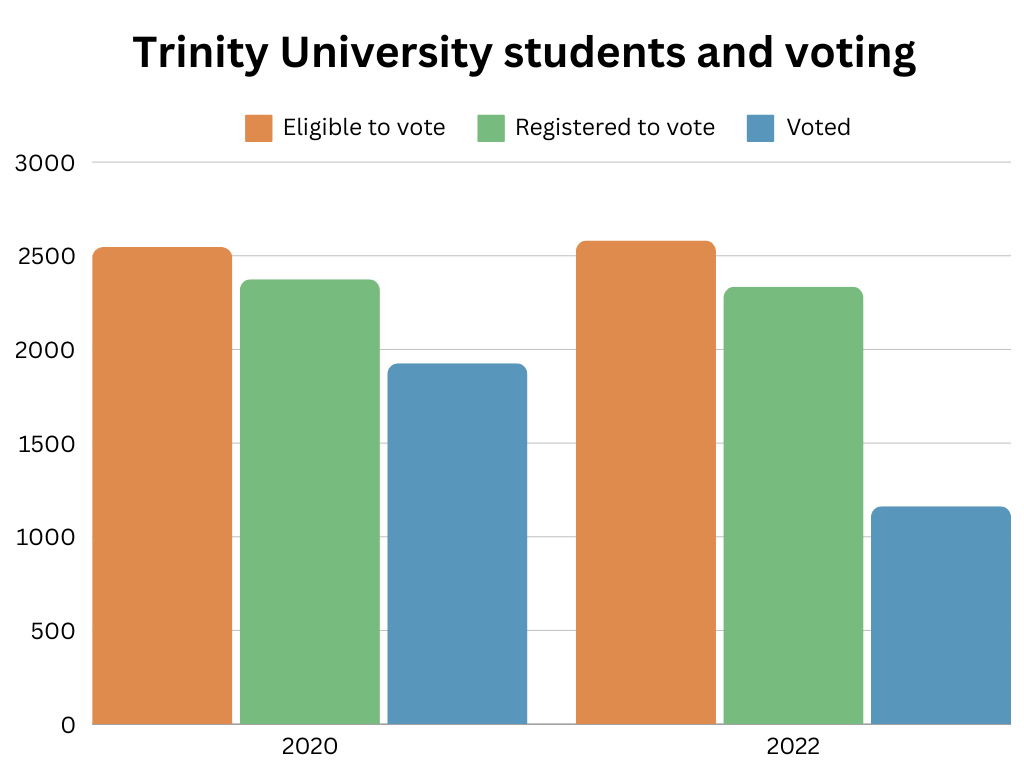“Boys will be boys.” Four short words that are commonly used to excuse actions that can hurt someone grievously for a lifetime. And when a woman comes forward to testify, to share the truth about the harassment and the trauma she faced, she is slandered as remembering her trauma wrong — as if the memory didn’t constantly replay in her mind.
Many defenses of Brett Kavanaugh hinge on the idea that boys will be boys and that misconduct is to be expected and excused. Assault and harassment is excusable because men will be men. This argument is old, trite and has a very long history. In “Sex and the Office: A History of Gender, Power and Desire,” Julie Berebitsky — professor of history at Sewanee: The University of the South — explored the varied ways in which women are treated in the American office from the late 1800s to the present day with Monica Lewinsky and Anita Hill.
Frequently, men charged with sexual misconduct are portrayed as either victims of women or victims to their own appetites — an appetite they are unable to control because boys will be boys. Essentially, rhetoric around sexual harassment puts the responsibility of avoiding harassment on women, not men. By putting the blame on women, this rhetoric implies that assault is a woman’s fault, allowing men to get away with their bad behavior.
In the early 20th century, success in business began to be connected to sexual privilege; comic strips and postcards both illuminated and made light of the commonly held belief that male bosses were engaged in trysts with secretaries. Whether the prevalence of these events was as common as the depictions is less significant than the realization that our culture facilitated the idea that women were hired for their looks and not their skills, that privilege entitles successful men to treat women like objects. This idea has not died out.
As women continued to enter the workforce in the 1920s and ’30s, guidebooks were written help them navigate the workplace and told women it was their job to manage the unwanted sexual overtures received from colleagues. Again, this put the burden of action on women and implicitly excused men for their behavior. This often led to situations where men would not hire “attractive women” out of the fear their male employees would be unable to control themselves. This punished women for the actions of men, rather than holding men accountable.
These rhetorical strategies that put the blame on women rather than men exist to this day. Look to the Anita Hill hearing, where the legitimacy of Hill’s testimony was partly dismissed because Clarence Thomas had been her supervisor at the Department of Education and at the Equal Employment Opportunity Commission, giving the appearance that Hill had followed him.
For a more recent example, school dress codes often blame women for the failure of men to be studious. Our societal structures have evolved in a way where people search to excuse men and discount the experiences of women.
In response to the allegations that Supreme Court justice nominee Brett Kavanaugh assaulted a woman while in high school, his defenders used statements like “it was 36 years ago,” “why should allegations ruin his life” and numerous others that dismissed a woman’s experience in order to protect a man. The outright dismissal given by figures such as Lindsey Graham — South Carolina’s Republican senator who stated that testimony by Kavanaugh’s victim and accuser wouldn’t change his vote — reveals the depth to which credible complaints from a woman can be dismissed to protect men in our patriarchal system.
The structures of our society are meant to protect the powerful, propagate their influence and shield them from their mistakes. This is a grievous wrong; it is incumbent upon us to try and rectify this imbalanced structure. By listening to women’s experiences, acknowledging the necessity that women be constantly aware of dangerous men and recognizing everyday sexism they face, we can start to try and take the steps to reform the system. A society that blames women for their victimhood is one in which women are not truly equal is a society that must be reformed. Ultimately, “boys will be boys” is a pitiful excuse that reveals the work needed to be done until women and men are treated as true equals.













Milange Deristile • Mar 16, 2020 at 7:44 am
It is so disappointing being a woman in this cruel world. Being a woman feels like a punishment. The world tries to tell women that’s God’s will for them. That will make God a monster. I don’t believe that God is a monster. God sees our pain women who have experienced trauma at the hands of men while society threatenes us to stop hurting another to stop being traumatized all over again. Just because we chose to give our hearts and bodies to the wrong men, doesn’t mean we’re entitled to keep relieving our past because we’re in pain. This world is so dangerous for women. The church is not even safe. Fortunately, I know the Most High God is not the monster the world portrays Him to be. God has heard our cries and pain women. Only He can heal us. There’s no safe place in this world for women, but God gives justice to the oppressed.
Women need to turn to God for justice.
This world doesn’t have justice for women.
All they can do for you is traumatize you all over again if you keep talking about your pain. Just because we choose the wrong person doesn’t mean we can’t move on with our lives. The devil is a liar.